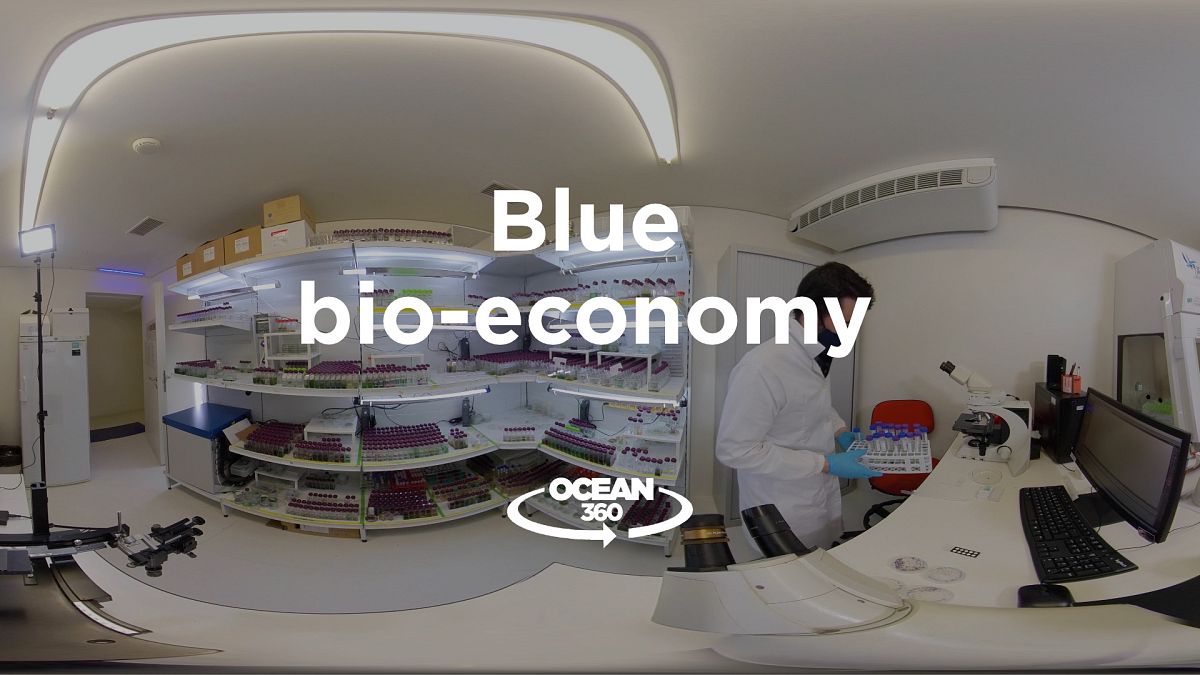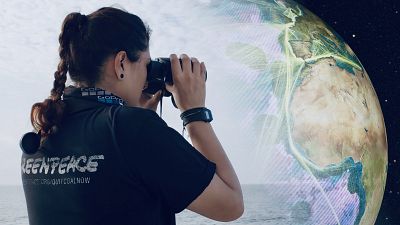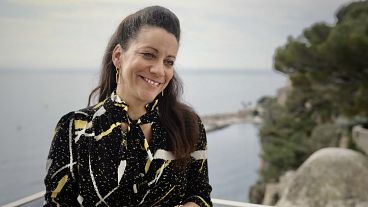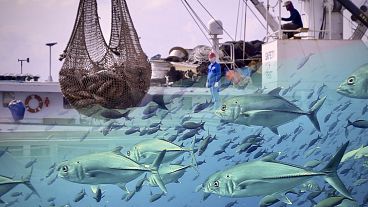Restoring the ocean and removing plastic pollution from its waters is paving the way for innovative technologies. Delving into its waters is allowing us to discover its hidden gems that can help with our health and even help our industries.
Europe's blue bio-economy is a growing sector. It already employs tens of thousands of people, and its market volume is expected to reach about 10 billion euros by the end of this decade.
Marine biotechnology uses living sea organisms, such as sponges collected in Portugal, for various applications in many industrial sectors, like healthcare, textiles, chemicals, fuel and food.
Even microscopic marine organisms can be extremely beneficial. Cyanobacteria, microalgae and macroalgae are rich in bioactive ingredients that can be used to prevent and treat diseases.
In healthcare and pharmaceuticals, blue biotechnology has led to the discovery and development of advanced medicines, therapies, diagnostics, and vaccines.
Biotechnological breakthroughs have created new medicines for patients suffering from growth and metabolic diseases, multiple sclerosis, rheumatoid arthritis, cancer, and Alzheimer's disease.
An essential principle of the EU's Bioeconomy Strategy is its circular approach. It aims to reduce pollution and the waste of resources, such as plastics used for fishing nets and aquaculture gear.
Some oil-based plastics could be replaced with bio-sourced alternatives, while old fishing nets could be recovered and recycled into new added-value products, like sports textiles.
A sustainable blue economy aligns with the European Green Deal strategy that dissociates economic growth from the use of resources, turning climate and environmental challenges into opportunities.



